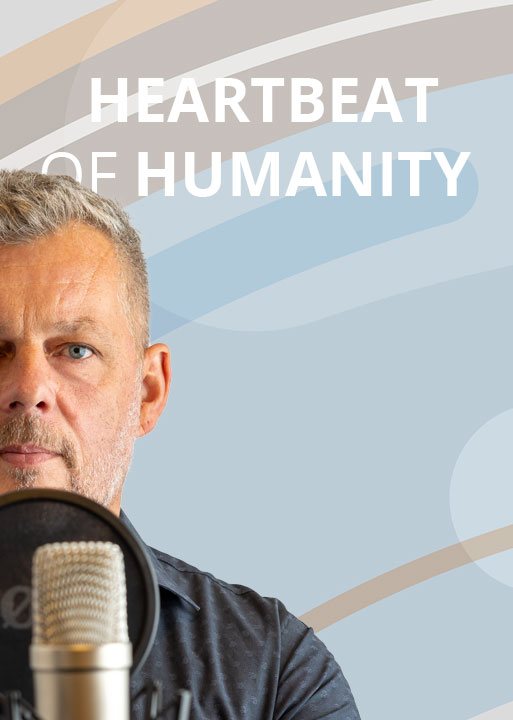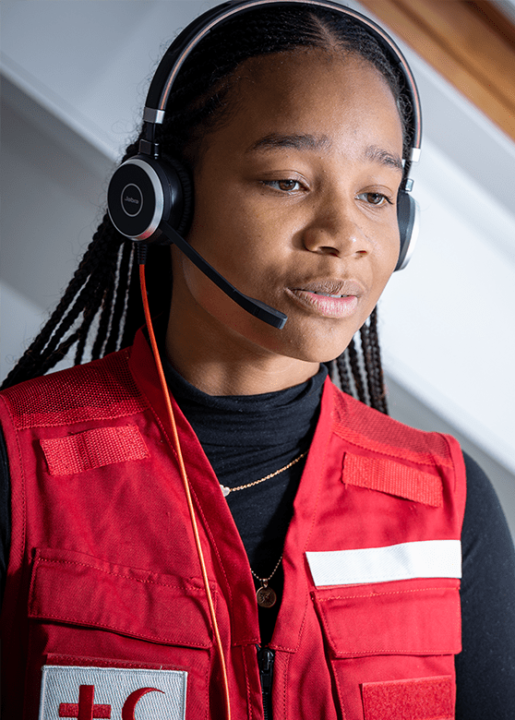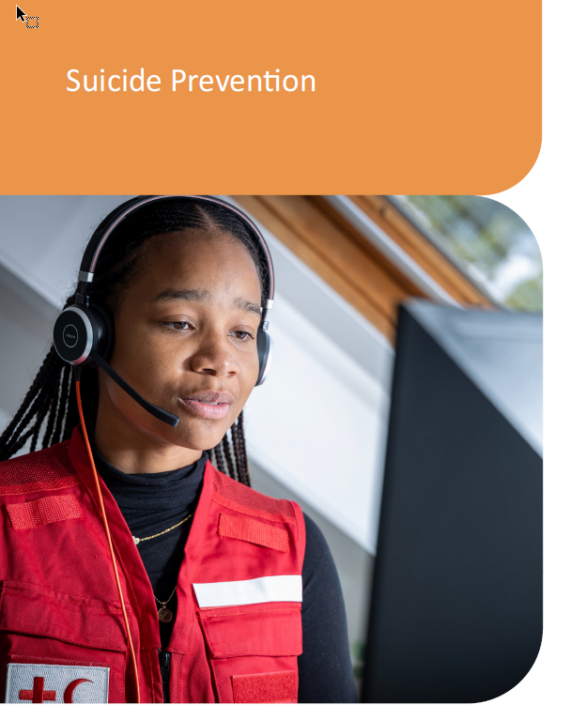According to the World Health Organization (WHO) Suicide is a major public health challenge, with more than 700,000 deaths each year globally. Each suicide has far-reaching social, emotional, and economic consequences, and deeply affects individuals and communities worldwide. The theme of World Suicide Prevention Day 2024 is about changing the narrative and perceptions around suicides – to start the conversation.
Not many things are more lonely or personal than losing a relative, a friend or a loved one to suicide. However, at the same time it is a reality facing hundreds of thousands of people across the globe and a reality we are all at least indirectly familiar with. In other words, however painful the topic is we simply cannot afford to ignore it or to allow stigmas and tabus to cloud our perceptions. We need to have the conversations and we need to have them as informed and qualified as we possibly can. You do not need a formal degree in psychology or a PhD in suicide prevention to be the friendly voice or the hand that reaches out in support of someone close and at risk but there is research and guidance that may make it easier to do so. It takes courage to start the conversation but it is vital that we do.
Nana Wiedemann, Director for the IFRC Psychosocial Centre.
The IFRC PS Centre will be launching a new project to develop an evidence-based toolkit for suicide prevention and response, in partnership with Trinity College Dublin and with support from the USAID Bureau for Humanitarian Assistance. The toolkit will enable humanitarian staff and volunteers to identify and support persons at risk of suicide and their communities, building on the resources and evidence on suicide prevention and response in the context of humanitarian mental health and psychosocial support.
Below a compilation of relevant sources and resources already available.
IFRC Psychosocial Centre resources






